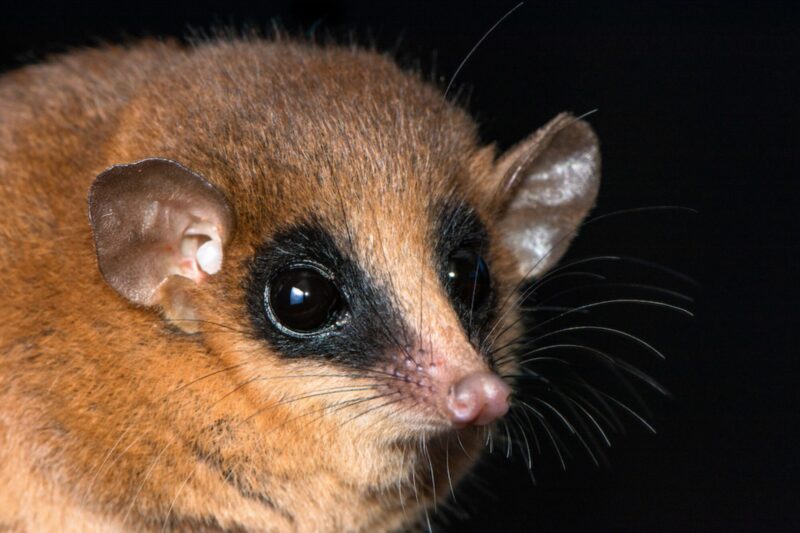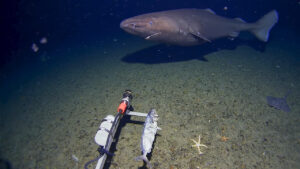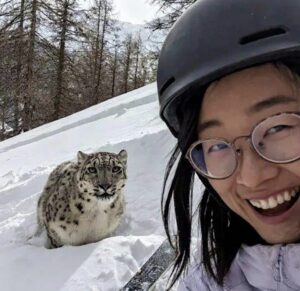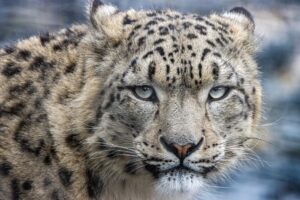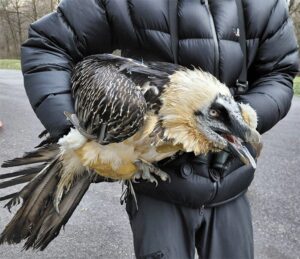High in the Peruvian Andes, a tiny, unexpected surprise awaited scientists who had come to find an obscure species of squirrel. Instead, they found something far more intriguing in Río Abiseo National Park: a new species of mouse opossum.
Silvia Pavan, the lead scientist, glimpsed the little creature at 2,664m and was sure she had spotted something unusual. The altitude was one of the giveaways. Until then, marsupials have lived only as high as 1,580m in this area. This previously undiscovered marsupial lives considerably higher. It is now officially named Marmosa chachapoya, in honor of the Chachapoya people, who inhabited this region long before the Inca.
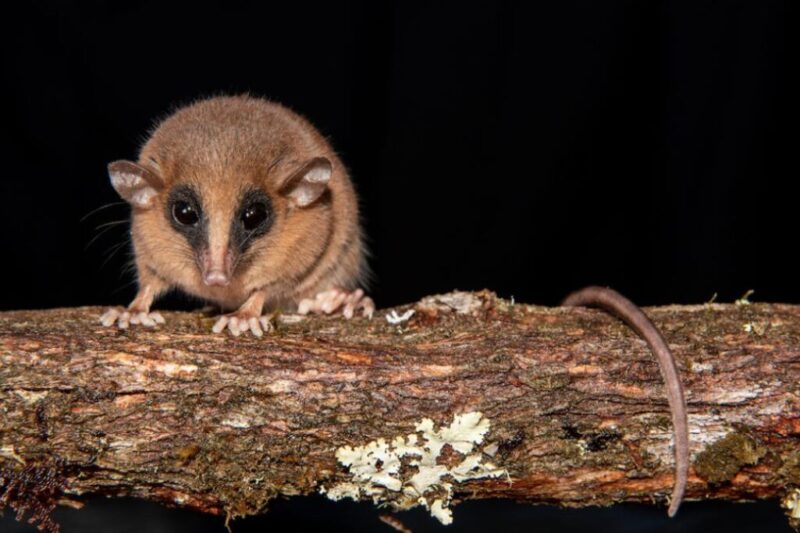
Photo: Pedro Peloso
The tiny marsupial is just 10cm long, with a tail stretching a further 15cm. It has an elongated snout, reddish-brown fur that gets softer and lighter on its underside, and distinctive, mask-like patches of darker fur around its eyes.
The team first discovered the little opossum in 2018. Since then, they have been doing everything they can to prove that this is a new species. Over the last six years, they conducted DNA analysis to rule out that it was merely a variant of a known species. This second find has finally allowed them to confirm it.
“The animal from Abiseo is very different in its DNA, about 8% different from Marmosa lepida [its closest known relative],” said Pavan.
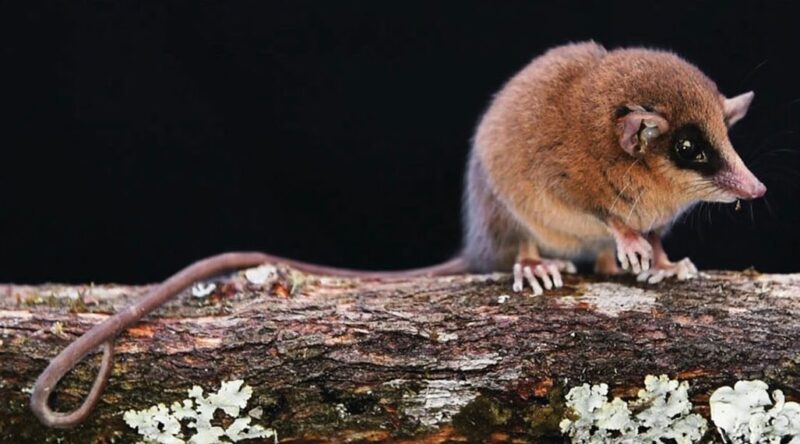
Photo: Pedro Peloso
Virtually nothing is known about the ecology, behavior, or range of Marmosa chachapoya. The scientists don’t yet know how many there are, where else they might live, what they eat, or how they breed. What is clear, though, is that this discovery underscores how much of the Andean cloud forest remains unexplored.
